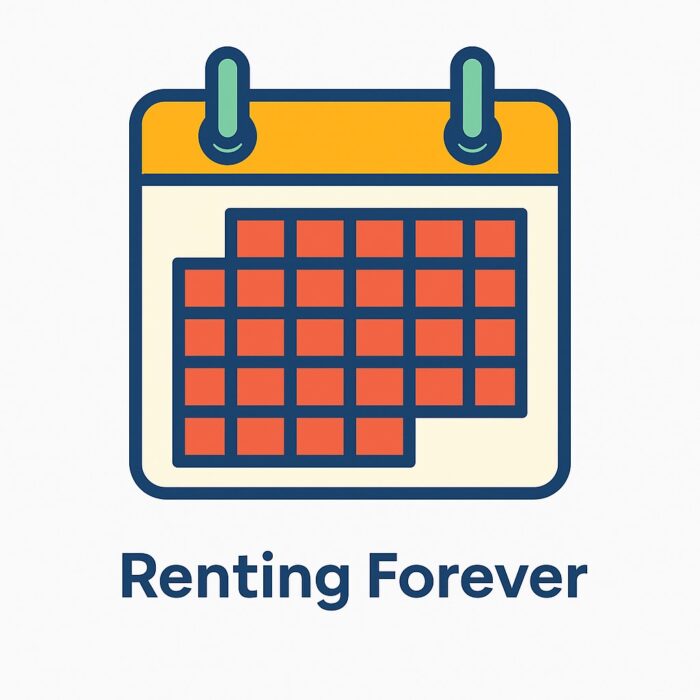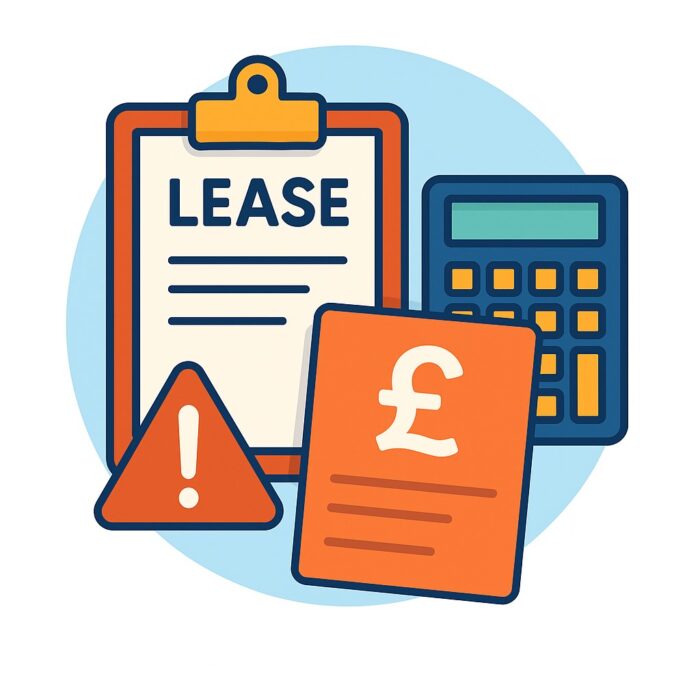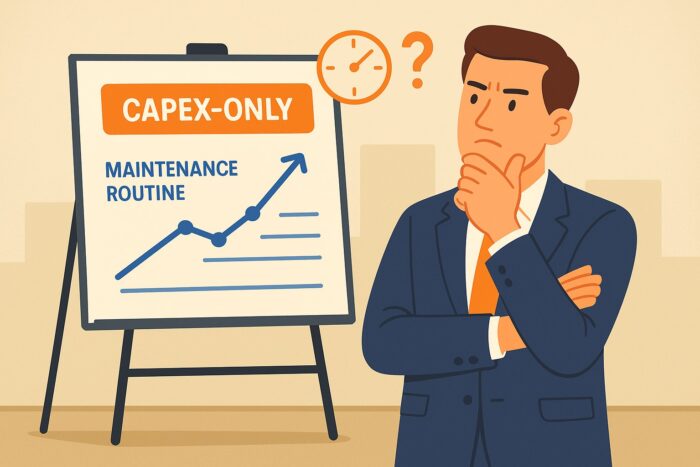Why the Funding Route Matters (Cash Flow, Tax & Speed)
When you know a cooling upgrade will cut downtime and energy spend, the next question is how to pay for it. For manufacturers, the choice between operating lease (OPEX), lease-purchase (hire purchase/finance lease) and outright CAPEX changes cash flow, tax incentives and speed of delivery. Below is a practical, engineering-led guide you can share with finance and procurement.
Quick Comparison: Short-Term Rental vs Lease-Purchase vs CAPEX
| Funding route | What it is | Best for | Cash flow & tax | Ownership & flexibility | Speed | Lifetime cost | Watch-outs |
|---|---|---|---|---|---|---|---|
| Short-term Rental (OPEX) | Month-to-month rental of packaged cooling | Emergencies, seasonal peaks, shutdown cover | Fully OPEX; deductible in the same period; low upfront cash | No ownership; off-hire anytime | Fastest route – often weeks | Very high if kept long term | Don’t “sleepwalk” into multi-year rentals |
| Lease-Purchase (HP / Finance Lease) | Instalments with ownership transfer at end of term | When CAPEX is limited but replacement is urgent | Unlocks capital allowances; interest deductible; OPEX Tax deductible | You own the asset at term; fixed term | Quick once credit approved | Often lowest net cost after tax relief | Structure matters – allowances and settlement terms need checking |
| Outright CAPEX | Buy and own from day one | Strategic, long-life, bespoke systems | Capital investment allowances. Cash flow ratio | Full control from day one | Slowest route – board approvals and procurement | Lowest cost if allowances apply and asset life is long | Budget timing and scope risk sit with you |
When Leasing Beats CAPEX
The common objection to leasing is “surely it costs more than buying outright”. And yes, headline costs can look higher but that’s not the full story.
If a project to replace your process cooling system could potentially result in real reductions in operational energy and water costs (e.g., swapping ageing towers/chillers for high-efficiency units, right-sized pumps/controls etc.), the monthly savings can offset the monthly lease payment. Additionally, operating-lease rentals has the huge benefit of being fully deductible for corporation tax, further improving the after-tax position of your company.
Illustrative example:
- New closed-loop + adiabatic package reduces electricity and water spend by £5,000/month (based on your metered baseline and current calculated water/energy costings).
- Operating-lease purchase for the full solution (including maintenance and remote monitoring) is £6,000/month.
- Net cash before tax: -£1,000/month
- After corporation tax effects, the true position is stronger and crucially, your payback period is far shorter than if you’d waited for CAPEX sign-off.
When CAPEX Still Wins
If you’ve got the capital budget and can access a full budget, then the outright CAPEX purchase is usually the lowest lifetime cost. Cooling assets are long-life by design decades, not years so ownership often makes sense.
The key is aligning asset life to funding route. If your towers or chillers will be on site for 20+ years, buying outright can in most situations save the most over the long term.
Two Pitfalls We See All the Time
Renting forever.
A (real) customer rented stop-gap cooling for 9+ years. By then, they’d effectively paid several times the system’s cost. A simple lease-purchase at the time would have delivered ownership years earlier with similar monthly cash flow. The fix: align term to asset life (e.g., 5–7 years for towers/chillers), and review at mid-term so you don’t drift into perpetual rental.
Getting the tax/accounting wrong.
Whether a lease is classed as an operating lease or a long-funding lease affects who claims allowances and how deductions work. Sort this early with your finance team and supplier; HMRC rules are specific!
Following outdated processes which don’t fit your business’s current requirements
Many businesses still follow processes designed years ago, even though today’s energy costs, compliance rules and operational pressures are very different. A rigid “CAPEX-only” policy or generic maintenance routine might once have worked, but now it can slow upgrades, increase downtime, and cost more overall.
The lesson? Processes should serve your business as it is today, not how it was a decade ago. Regularly reviewing them ensures decisions are faster, costs are lower, and systems stay fit for purpose.



Our perspective (Vistech)
We offer all three routes across cooling towers, adiabatic systems, trim chillers and filtration and more. Additionally, we can model whole-life cost with maintenance and remote monitoring taken into account. Typical patterns:
- Operating lease (OPEX) to unlock urgent capacity/compliance with maintenance bundled.
- Lease-purchase when ownership matters but cash smoothing is vital – maintenance bundled
- CAPEX when full expensing the asset make an outright buy compelling.
This way finance and procurement see the numbers clearly, and you avoid “defaulting” into an option that doesn’t fit.
Send us last year’s consumption and maintenance data and we’ll do the rest.
Next step
If you want to see whether monthly savings can pay for the system, we’ll build a side-by-side cashflow for OPEX lease, lease-purchase and CAPEX, using your metered baseline. Share last year’s kWh, water, duty profile and maintenance spend – we’ll do the rest.
Contact us and start saving money today
